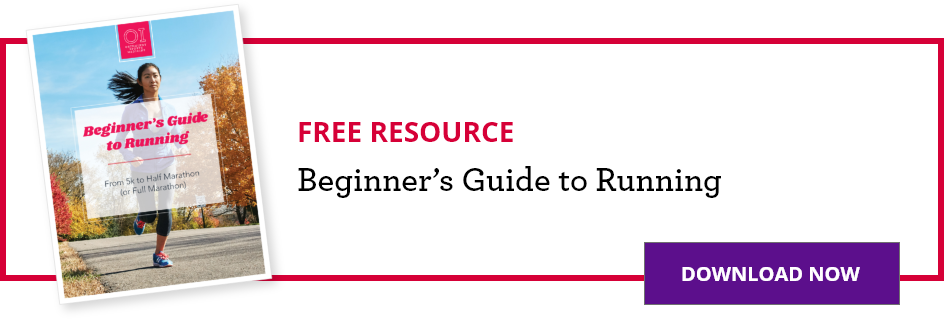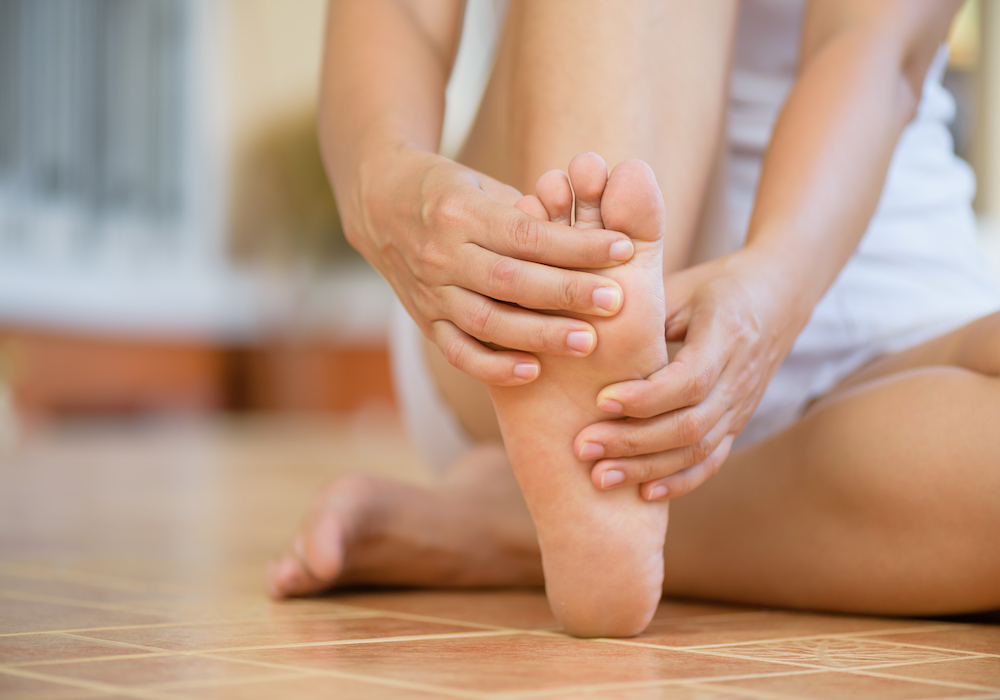THIS POST IS PART OF THE ULTIMATE GUIDE TO A HEALTHY LIFESTYLE
Choosing the proper footwear is one of the most important aspects when training for a running event. Scott Longmuir, a physical therapist at OrthoIndy provides five tips on how to wear running shoes when training for a mini marathon.
- Keep track of how many miles you have ran or walked in your shoes. Depending on your body weight, your running style and the running surface, shoes tend to wear out sometime between 300 to 500 miles or six to eight months. After this, it is time for a new pair of running shoes.
- Your foot type. Many local running shoe stores can assess what foot type you have and what shoes may be most beneficial for you. These stores often have flexible return policies depending on if you want to return the shoes after a trial run. Check the individual store policies.
- Foot motion during pronation. Pronation is the process of reducing force when a person’s foot hits the ground. If a person has a flat foot and also over pronates, they may require a more supportive shoe that controls their foot motion. If a person has a high arch and does not pronate much, they will have more force in the foot that needs to be absorbed. If this is the case, you may benefit from a more cushioned running shoe.
- Comfort of a shoe. Sometimes people pick shoes purely on the appearance and do not consider the ramifications of wearing a shoe that is not well fitted. If a shoe feels tight, it will probably get tighter as a race goes on, as your feet can swell. Runners may need to consider a shoe that has width options.
- Make shoe changes early in the season and not a week before a big race. New shoes can cause all sorts of problems to your feet if you do not gradually break your feet into your shoes. Skin blisters or new orthopedic injuries can arise from running long distances in brand new shoes.
If you are looking to get in shape for a mini marathon it’s not too late to sign up for the 500 Festival Miler Series, presented by OrthoIndy.

Schedule an appointment
Your well-being is important to us. Click the button below or call us to schedule an appointment with one of our orthopedic specialists. If your injury or condition is recent, you can walk right into one of our OrthoIndy Urgent Care locations for immediate care. For rehabilitation and physical therapy, no referral is needed to see one of our physical therapists.





